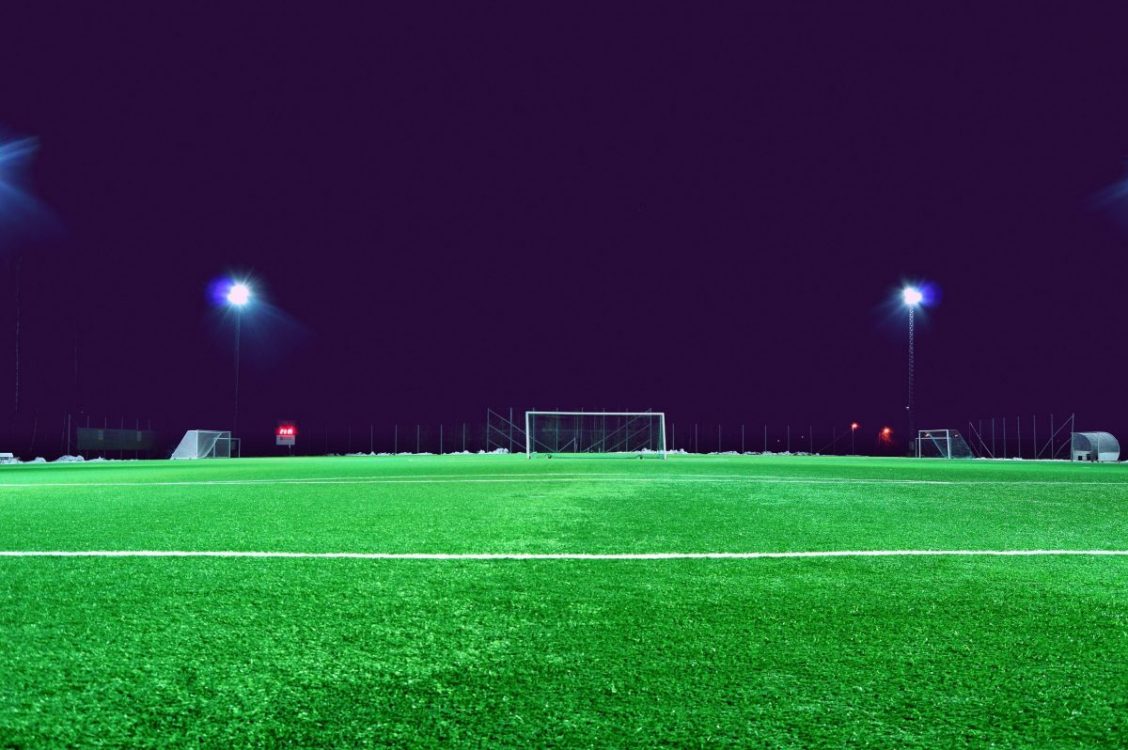Nurturing talents or burning out youngsters?
By Gits Junior, October 9, 2023For a long time, football in Kenya was considered more of a hobby than a potential career.
This belief, however, is gradually changing, as indicated by the proliferating number of academies countrywide. Household names like JMJ Academy, Mathare Youth Sports Association (MYSA), and Ligi Ndogo now face competition from budding neighbourhood academies–all driven by the aspirations of many children to make it as professionals in the competitive footballing world.
Yet, the academy system is not as glamorous as it may seem from the outside. It has long been characterized by murkiness and shadowy practices. It’s not just in Kenya, children around the world miss out on important family events and lose touch with their social lives simply because they’re training for tournaments in far places like Norway.
Football academies thrive on tournaments, which can lead to burnout for young players conditioned to win short, back-to-back tournaments, which often lead to fatigue by the time they reach seventeen or eighteen years old; making them lose interest in football. The fate of promising talents after international tournaments remains uncertain, which raises concerns about the academy system’s effectiveness.
The academy system can be demanding, pushing children as young as nine to train like professionals, often under the guise of “Project Mbappe.” In their quest for excellence, the mental, social, and emotional well-being of these young players can sometimes be overlooked. The focus becomes solely on their performance on the field. Parents, too, become heavily invested in their children’s success, sometimes neglecting their well-being. In many football academies, children don’t enjoy playing the sport; instead, they anxiously await words of affirmation from their coaches.
One could argue that the football academy system has turned into a money-making business for academy owners, with parents paying exorbitant fees for tournaments for their children to participate in tournaments in countries ranked lower than Kenya in the FIFA rankings. This raises questions about whether these academies are primarily profit-driven. One might call me sceptical, but how many children actually make it as professional footballers through these academies?
The dream of playing top-tier football in elite leagues, akin to Victor Wanyama, Denis Oliech, or the legendary MacDonald Mariga, entices many children and their parents. It should be noted that European research indicates only a tiny percentage of academy kids make it as professionals, given Kenya’s limited resources and infrastructure.
Interestingly, politicians, on the other hand, have invested heavily in short-lived tournaments, which could be redirected towards legislative changes, like having each county field a team in established FKF leagues.
Consistent league play offers a better chance for player development, including county-based leagues for high school students, culminating in a playoff. Football academies should adopt a well-spread-out training schedule to give kids ample time for a balanced life. Staff training and hiring qualified coaches are essential for age-appropriate training.
Lastly, there is a disconnect in our football academy model, lacking guidance regarding our country’s football identity and philosophy. Sports directors should play a role in equipping children with the basics of our footballing philosophy.
—The writer is a football content creator, data analyst and a video analyst—@ GitsJunior
More Articles

